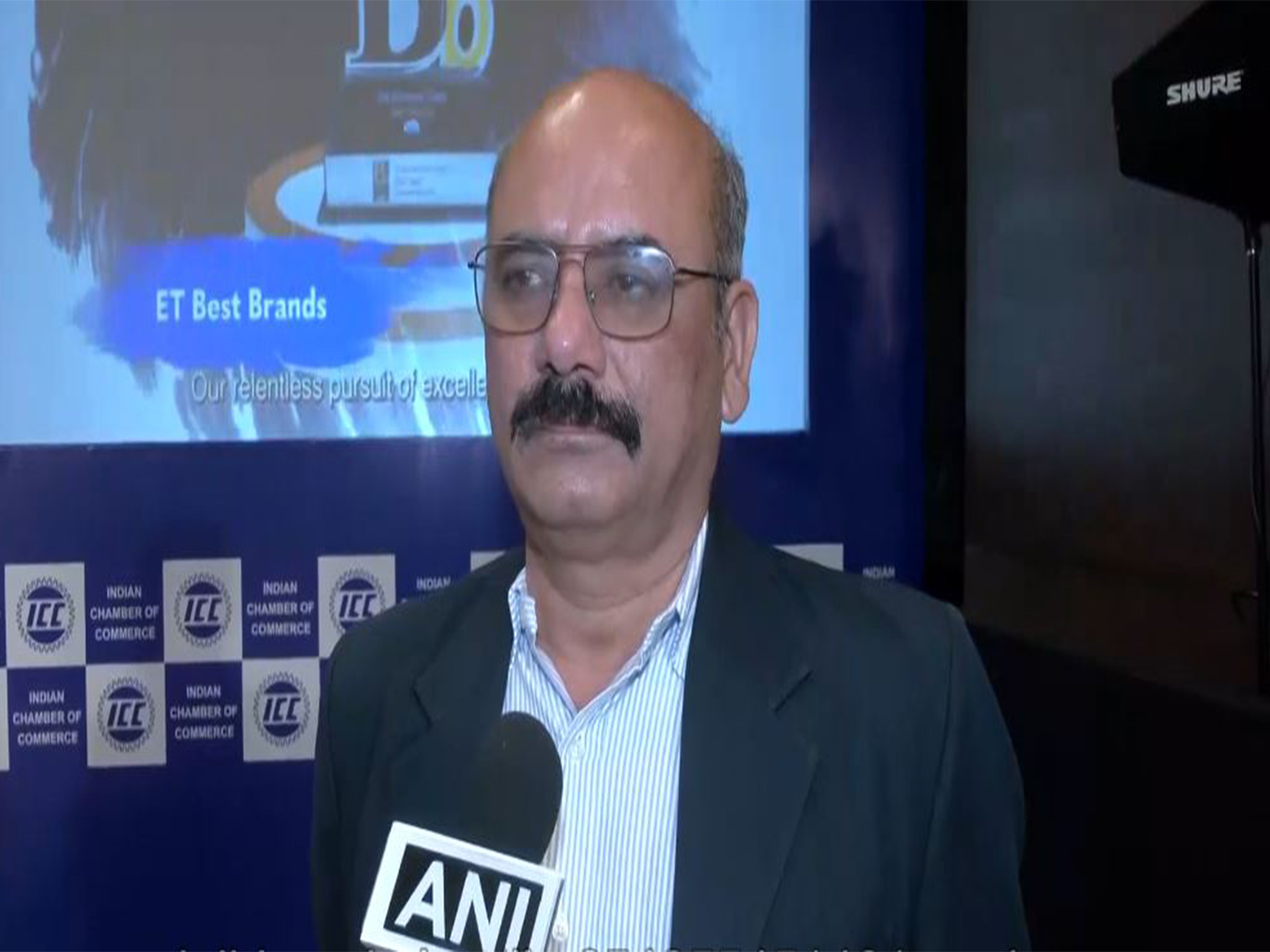New Delhi [India], September 11 (ANI): Niti Aayog’s recommendation of including coking coal in critical minerals has been welcomed by Industry stakeholders.
Speaking with ANI, Pankaj Satija, Chairman, Indian Chamber of Commerce, National Expert Committee on Minerals and Metals, lauded Niti Aayog recommendations and said, “The government has given a lot of thrust on commercial mining, and new mines have started producing. The good part is that Niti Aayog has also advocated that the critical mineral aspect, the coking coal, should be part of it. The USA has already been included. So maybe some more positive developments are on the offering.”
Recommendations of the policy body NITI Aayog focus on boosting the country’s domestic critical mineral production by including coking coal in the critical minerals list due to its importance in the steel sector.
It suggests special dispensations for private sector participation through mechanisms like Special Purpose Vehicles (SPV) and new exploration licenses, and advocates for investment in offshore mineral exploration in resource-rich countries.
Satija added that coal production in India is picking up because of government initiatives and coal mining companies. “thanks to the coal miners and the coal mining companies. We have seen our own billion-ton production of coal in India, and it will continue to rise. There are a lot of new coal mines that are opening up. The government has given a lot of thrust on commercial mining, and new mines have started producing,” he said.
Coal production in the country has already crossed 1 Billion Tonnes (BT) in the Financial Year 2024-25, and the coal production target of 1 BT from Coal India Limited (CIL) by 2026-27 has been prepared, as per the official data.
Most of the requirement of coal in the country is met through indigenous coal production. Import of coal mainly consists of essential imports like coking coal and higher grade non-coking coal as their domestic production is limited due to either scarce reserves or unavailability.
In order to meet future demand of coal through indigenous sources and to reduce non-essential import of coal, domestic coal production is expected to grow by 6-7 per cent annually in next few coming years to reach about 1.5 billion tonne by 2029-30, as per the Coal Ministry. (ANI)
Disclaimer: This story is auto-generated from a syndicated feed of ANI; only the image & headline may have been reworked by News Services Division of World News Network Inc Ltd and Palghar News and Pune News and World News
HINDI, MARATHI, GUJARATI, TAMIL, TELUGU, BENGALI, KANNADA, ORIYA, PUNJABI, URDU, MALAYALAM
For more details and packages














